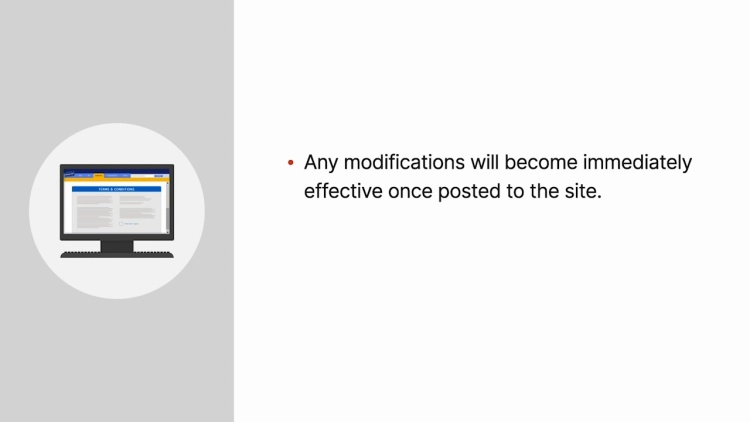Harris v. Blockbuster Inc.
United States District Court for the Northern District of Texas
622 F.Supp.2d 396 (2009)
- Written by Lauren Petersen, JD
Facts
Blockbuster Inc. (defendant) was a movie-rental company. Blockbuster customers could rent movies over the internet through Blockbuster’s streaming service, Blockbuster Online. Blockbuster entered into an agreement with Facebook, a social-media company, by which Facebook would automatically share the rental choices of Blockbuster Online customers with their Facebook friends. The Video Privacy Protection Act (VPPA), 18 U.S.C. § 2710, prohibited a video-rental company from disclosing personal information about its customers without their written consent. Cathryn Harris (plaintiff), a Blockbuster Online customer, sued Blockbuster for violating the VPPA. Prior to using Blockbuster Online’s services, customers were required to check a box indicating that they understood Blockbuster Online’s terms and conditions. These terms and conditions included a dispute-resolution clause stating that all claims would be referred to arbitration. Additionally, Blockbuster could modify the terms and conditions at its sole discretion and at any time, without notice, and effective immediately. Blockbuster moved to enforce this arbitration clause against Harris. Harris argued that Blockbuster’s arbitration clause was unenforceable because it was illusory and unconscionable.
Rule of Law
Issue
Holding and Reasoning (Lynn, J.)
What to do next…
Here's why 911,000 law students have relied on our case briefs:
- Written by law professors and practitioners, not other law students. 47,100 briefs, keyed to 997 casebooks. Top-notch customer support.
- The right amount of information, includes the facts, issues, rule of law, holding and reasoning, and any concurrences and dissents.
- Access in your classes, works on your mobile and tablet. Massive library of related video lessons and high quality multiple-choice questions.
- Easy to use, uniform format for every case brief. Written in plain English, not in legalese. Our briefs summarize and simplify; they don’t just repeat the court’s language.





